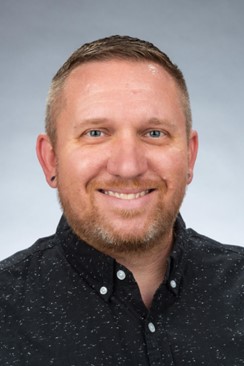Stem cells are special cells that have the unique property of proliferating to make more of themselves and differentiating into more specialized cell types. Early in development, stem cells give rise to every tissue of the body. These early stem cells are called embryonic stem cells, and in humans, they are derived from the embryo five days after fertilization.1
The embryo is composed of only about 20 to 30 cells at this stage, and all of these cells have the ability to generate any tissue or organ of the developing human body.2 The isolation and use of human embryonic stem cells is somewhat ethically dubious to some, but discoveries in stem cell technology allowed for the generation of induced pluripotent stem cells, which are stem cells generated from adult tissues that have embryonic qualities; no fertilized embryos are needed.3
Besides embryonic stem cells, the body has adult stem cells. They are what maintain the body’s tissue on a daily basis and help heal wounds when they occur. Skin, hair, blood, and the lining of the gut are constantly being replaced with new cells that derive from these specialized pools of stem cells. In fact, humans generate about one trillion new blood cells every day to replace dying cells. These stem cells need to function perfectly for a person’s entire lifespan. Too few blood cells? The body will not be able to fight infections or move oxygen to distant tissues. Too many? That leads to cancer. These cells are different from embryonic stem cells, in that adult stem cells are more developmentally differentiated. For instance, a blood stem cell cannot become a tissue cell under normal conditions; it is already fated to become blood.
Want to read more?
Subscribe to continue reading this article, plus gain access to all DERMASCOPE has to offer.
SUBSCRIBE
 Dr. David Stachura has a Bachelor of Science in molecular biology from Lehigh University and a PhD in cellular and molecular biology from the University of Pennsylvania. After obtaining his doctorate, he performed his postdoctoral training at the University of California, San Diego. Dr. Stachura’s career has focused on understanding the genetic control of adult stem cell biology by using both hematopoietic stem cells and adipose-derived mesenchymal stem cells (ADMSCs) as models. He is the chief scientific officer at FACTORFIVE.
Dr. David Stachura has a Bachelor of Science in molecular biology from Lehigh University and a PhD in cellular and molecular biology from the University of Pennsylvania. After obtaining his doctorate, he performed his postdoctoral training at the University of California, San Diego. Dr. Stachura’s career has focused on understanding the genetic control of adult stem cell biology by using both hematopoietic stem cells and adipose-derived mesenchymal stem cells (ADMSCs) as models. He is the chief scientific officer at FACTORFIVE.